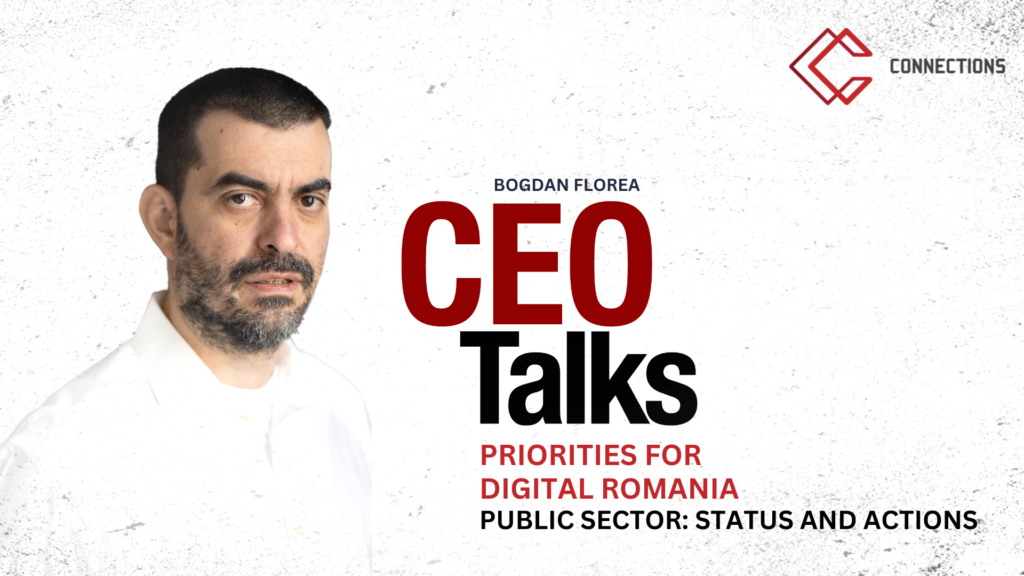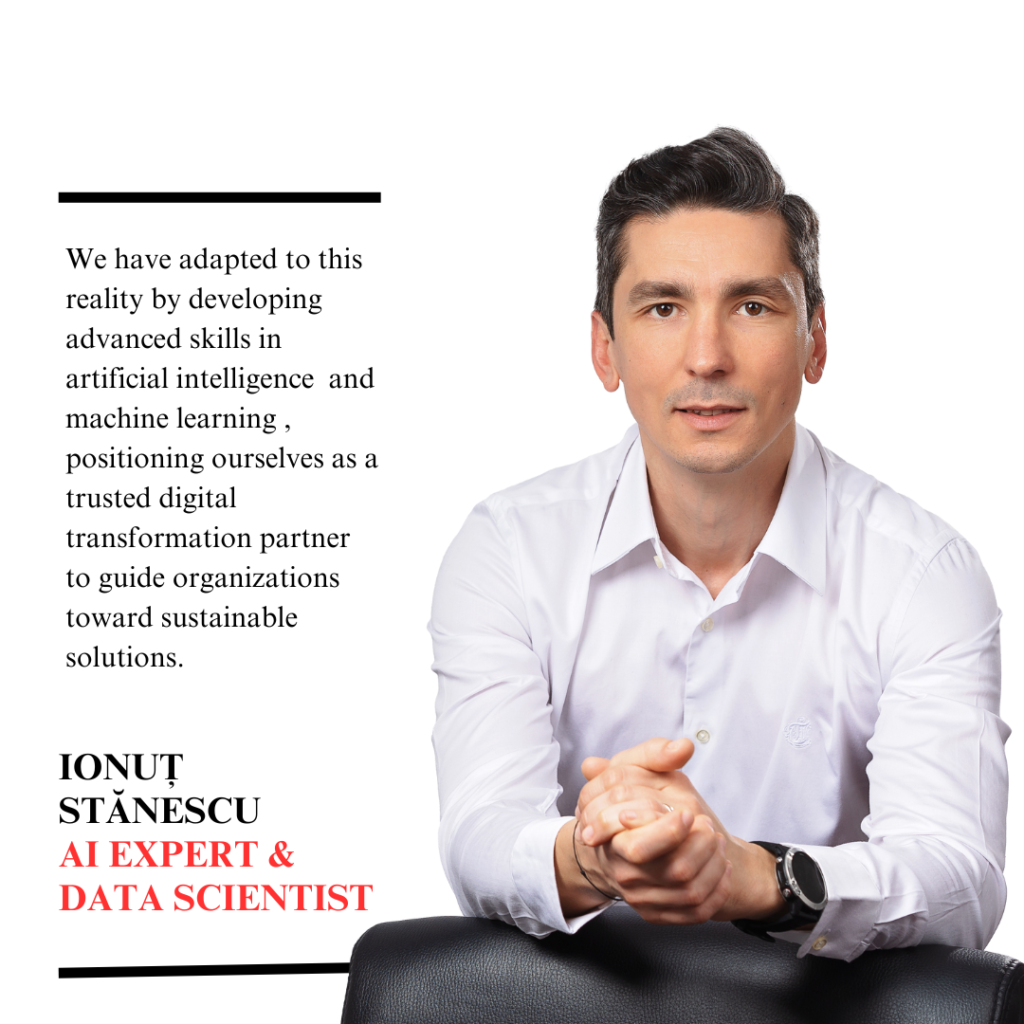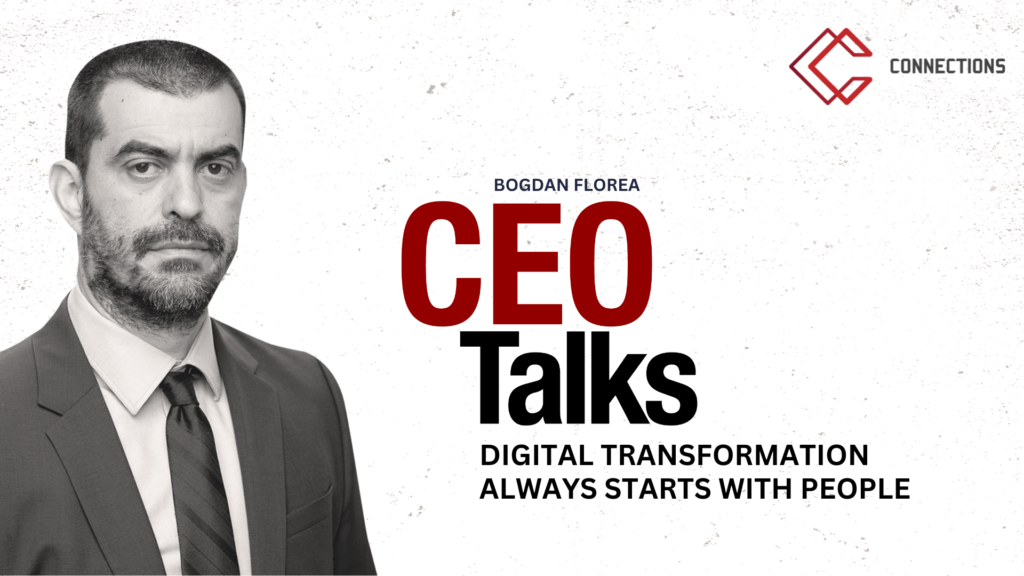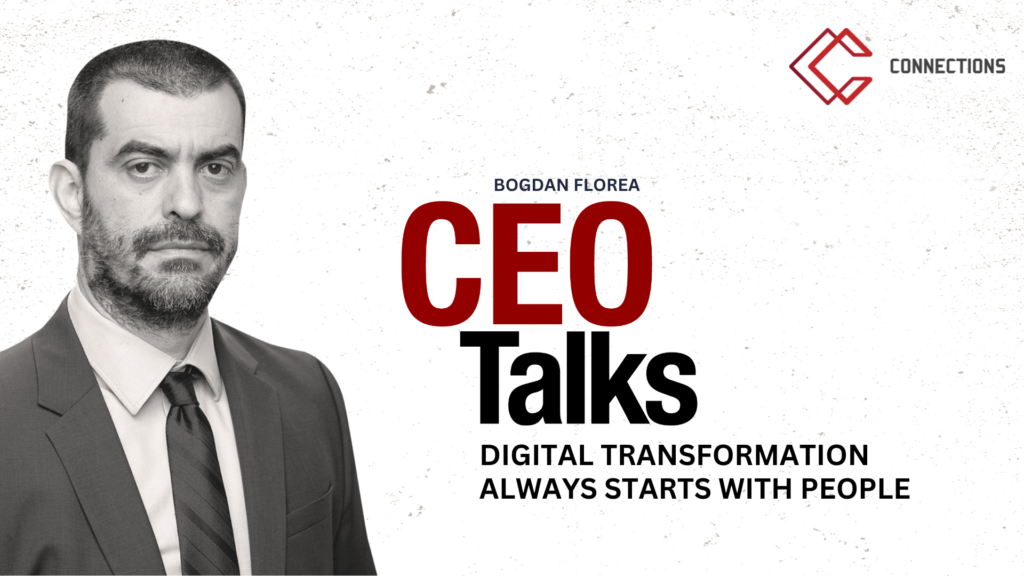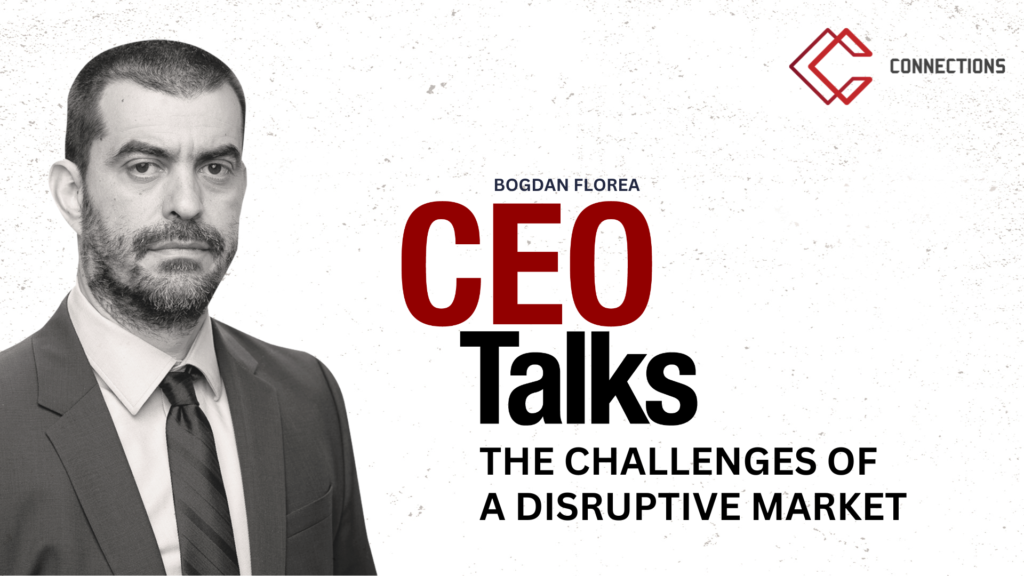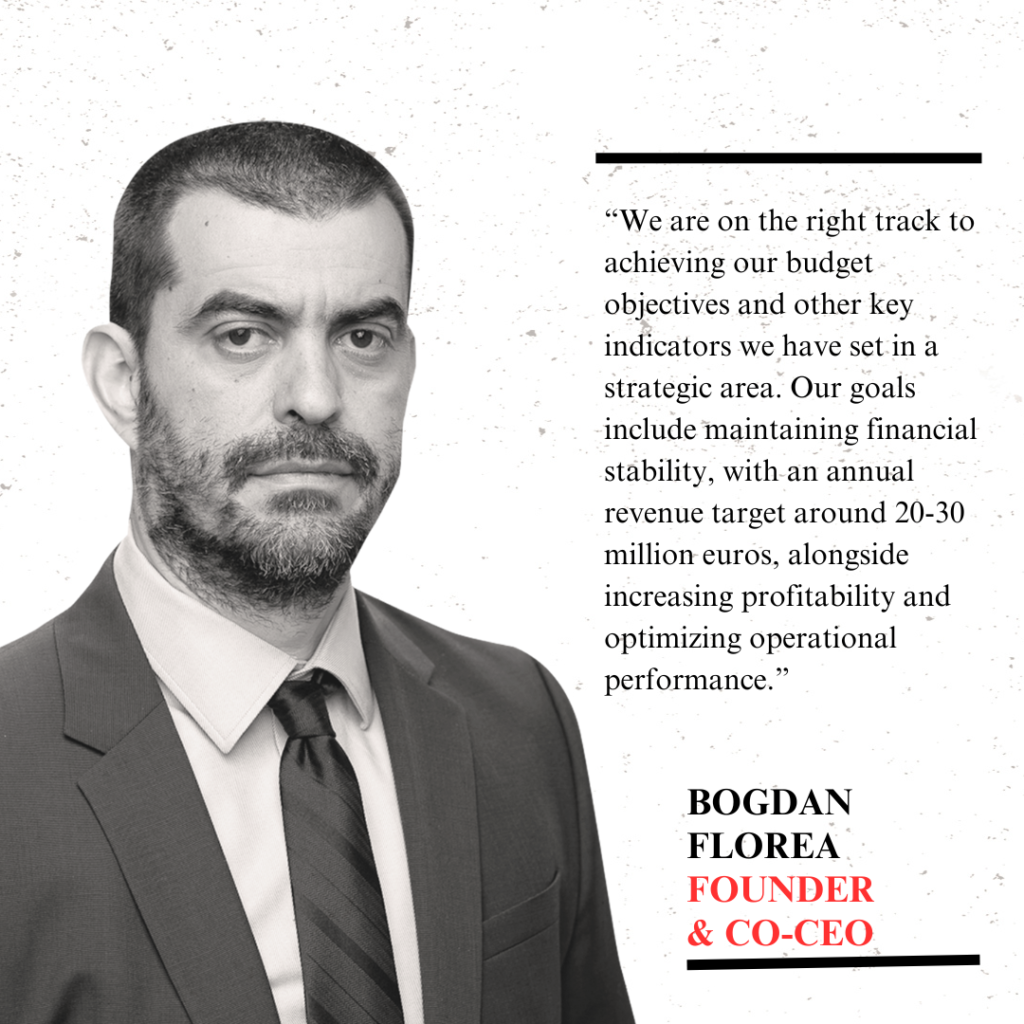
Connections, a technology company listed on the Bucharest Stock Exchange, AeRo market (symbol CC), announces the separation of its “Service Delivery” division and its transfer to Outsourcing Support Services S.R.L. (OSSR). As part of this process, OSSR, including its subsidiaries in Bulgaria and Serbia, will be fully sold in a €4.5 million transaction, subject to certain Closing conditions.
The division provides comprehensive Back Office Services, with a proven track record in serving global leaders across the FMCG, industrial, consulting, and logistics sectors. In recent years, it has accounted for approximately 20% of Connections’ revenue. The transaction will be pending the receipt of regulatory approvals and the fulfillment of certain Closing conditions.
This move is part of Connections’ strategy to optimize its portfolio and strengthen its market position by redirecting the capital generated towards the development of advanced technology and cybersecurity solutions – two strategic areas in which Connections aims to accelerate investments in the coming years.
The transaction, effective as of the Closing date – will transfer the division to IGT Solutions, a company headquartered in India with operations in 13 countries, including Europe and Romania (Bucharest). The deal ensures operational continuity and retains the existing team of over 140 employees. Under its new structure, the division will contribute to scaling operations and strengthening the company’s competitive advantage.
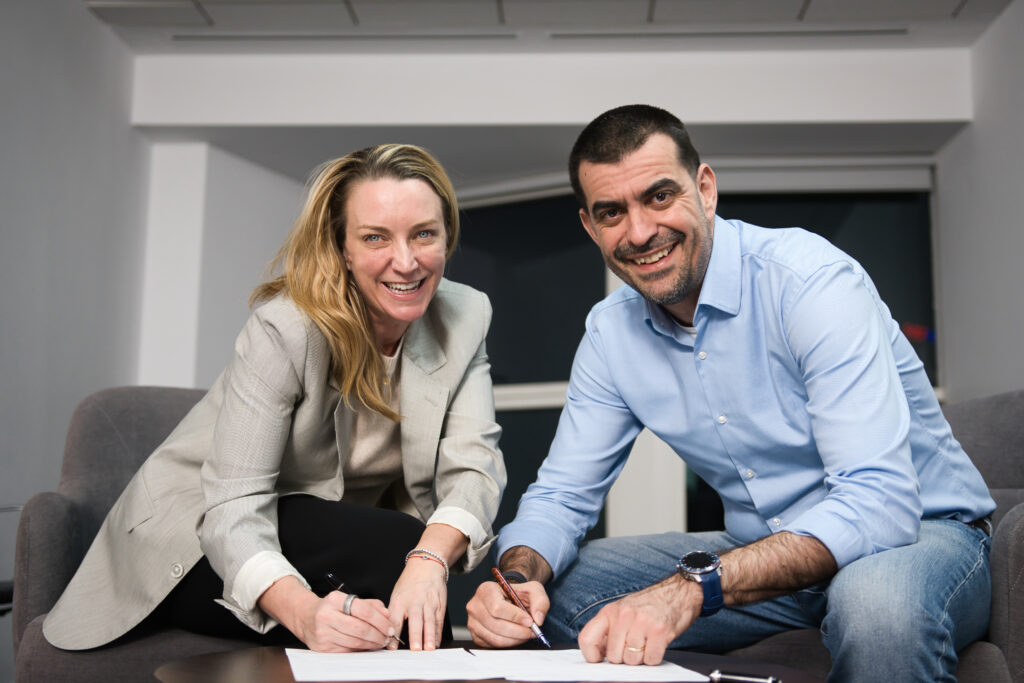
Bogdan Florea, Founder & Co-CEO of Connections: “This transaction marks a strategic step in Connections’ evolution, allowing us to focus on developing high-value solutions in key areas such as cybersecurity and artificial intelligence. The sale of Outsourcing Support Services S.R.L. (OSSR) provides us with additional resources for innovation investments, further strengthening our position as a trusted partner in the digital transformation of companies.”
“This acquisition marks a significant milestone in expanding our expertise in core back-office services, as OSSR’s capabilities and talented team are an excellent fit for us. We look forward to embarking on the next phase of growth and innovation.” said Katie Stein, CEO of IGT Solutions.
The decision comes at a time of market consolidation for Connections, following a landmark year in 2024, during which the company recorded, for the first time since its stock market listing in 2021, a gross profit margin of 10%.




